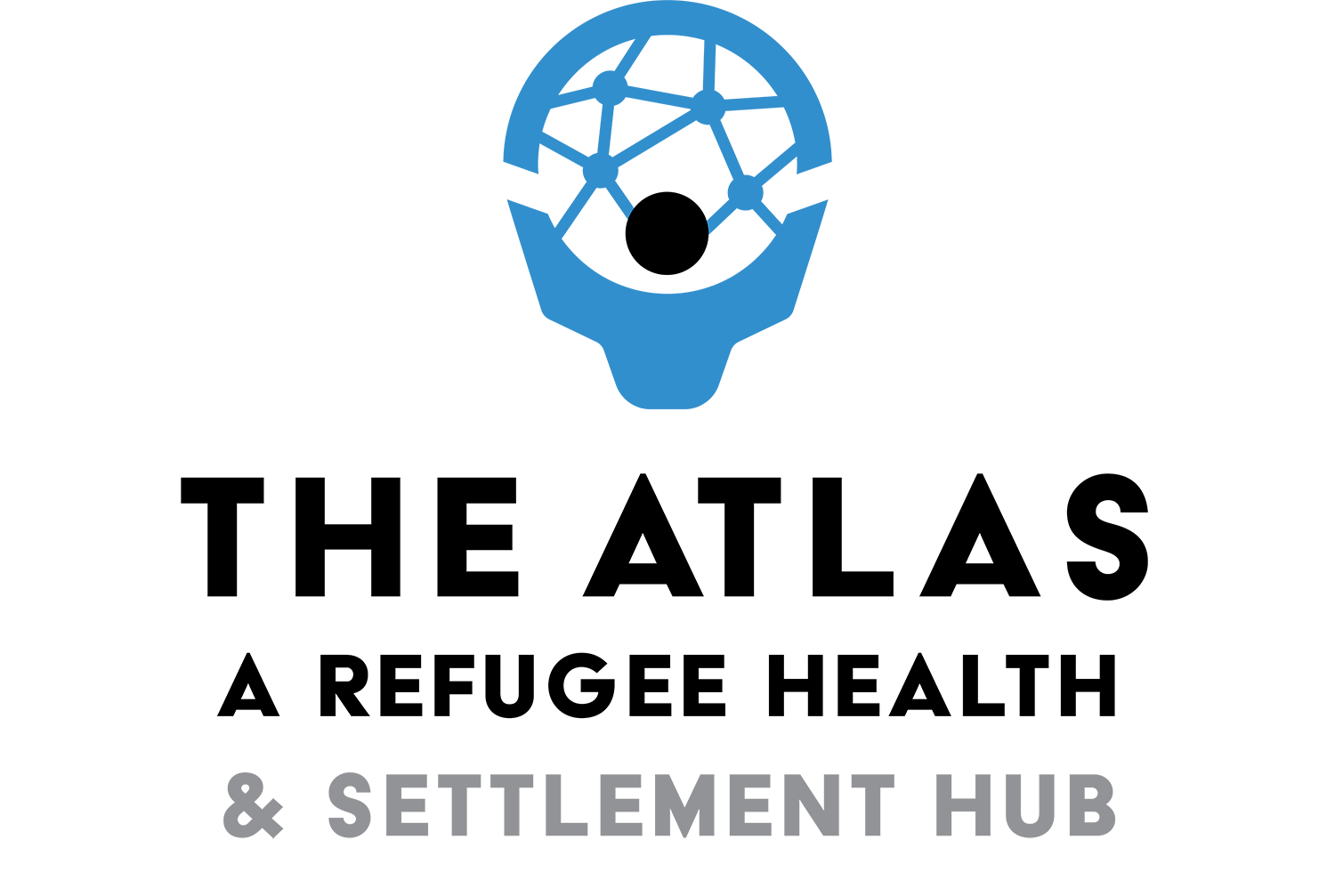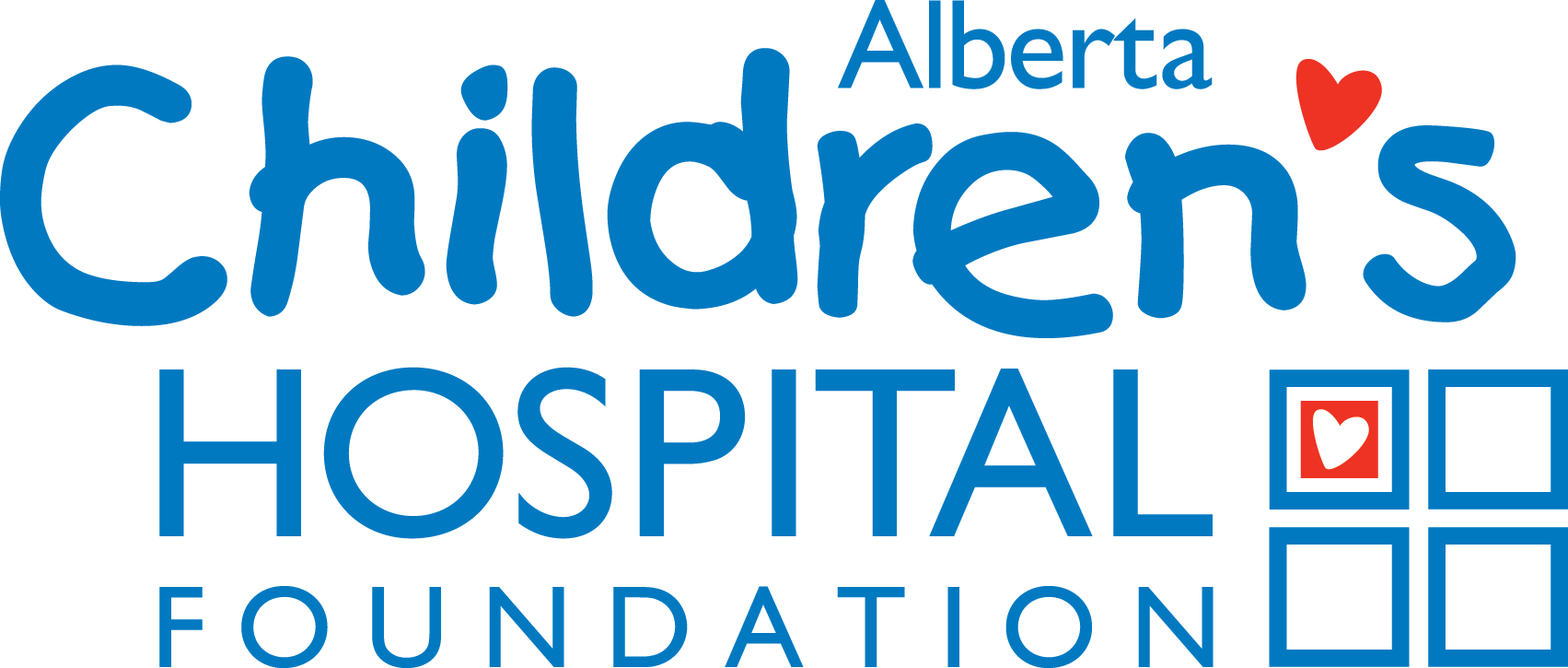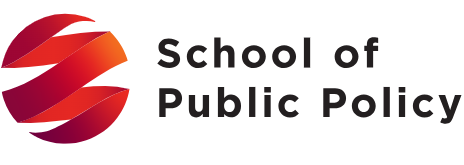Refugee Health YYC
Refugee Health Policy Workshop
Canada historically excels in refugee healthcare delivery, yet increasingly faces major capacity challenges, given increased arrivals of refugees, asylum claimants, and Ukrainian evacuees (collectively "refugees"), with an estimated 375,000 arrivals in 2022 alone. Refugees often require short-term specialized healthcare post-arrival. However, Canada's refugee health system structures, processes, and programs very widely, and its estimated current capacity only meets 2.5%-5% of recent demand. These challenges require novel solutions.
On July 18-19, 2023, the University of Calgary's Refugee Health YYC, O'Brien Institute for Public Health, and School of Public Policy co-hosted a Refugee Health Policy (RHP) workshop in collaboration with the Society of North American Refugee Health Providers and the Canadian Refugee Health Network. The workshop was funded by its primary knowledge user, the federal Ministry of Immigration, Refugees and Citizenship Canada (IRCC), the University of Calgary and the Cumming School of Medicine.
Context
Objectives
Workshop Focus Areas
Organizations Represented
Speakers
Acknowledgements
Refugee resettlement in North America has been punctuated with emergency humanitarian programs that rapidly resettle large refugee populations that strain existing health and resettlement sector resources and workforces. For example, Canada is currently experiencing the largest single-year resettlement of refugees, evacuees, and asylum claimants that require specialized healthcare services. Increased human displacement and resettlement is occurring while healthcare systems are depleted and strained after three years of the COVID-19 pandemic. We must learn from recent emergency resettlement initiatives, share best practices across jurisdictions and create accessible tools to better prepare resilient health and resettlement systems that can adapt to these influxes.
This two-day workshop aimed to:
/ 01
Share novel practices and successful resettlement and health interventions
/ 02
Develop concrete, attainable evidence-based recommendations and tools
/ 03
Create and foster a network of stakeholders, providers, and researchers
/ 01
Healthcare needs in pre-migration to early post-arrival time period
/ 02
Healthcare delivery in first two years post-arrival
/ 03
Building resilient refugee healthcare systems for long-term health
• Immigration, Refugees and Citizenship Canada (IRCC)
• Office of Refugee Resettlement (ORR)
• National Resource Centre for Refugees, Immigrants and Migrants (NRC-RIM)
• World Health Organization (WHO)
• International Organization for Migration (IOM)
• Canadian Refugee Health Network (CRHN)
• Refugee health experts from Canada and the United States
• National Newcomer Navigation Network (N4)
• National Association of County and City Health Officials (NACCHO)
• Alberta Health Services (AHS)
• Centre for Newcomers, Calgary
This workshop was supported by:
• Immigration, Refugees and Citizenship Canada (IRCC)
• The School of Public Policy, University of Calgary
• Refugee Health YYC, O’Brien Institute for Public Health, University of Calgary
• Cumming School of Medicine, University of Calgary
• Office of the Vice-President (Research), University of Calgary
Craig Shankar
Immigration, Refugees and Citizenship Canada (IRCC)
Corinne Prince
Immigration, Refugees and Citizenship Canada (IRCC)
Drew Posey
Centers for Disease Control and Prevention (CDC)
Santino Severoni
World Health Organization (WHO)
Samuel Schidem
German Chancellor's Office 2016
Guillaume Mongeaux
Médécins Sans Frontières (MSF)
Jack Jedwab
Association for Canadian Studies; Metropolis Institute
Christina Greenaway
McGill University
Meb Rashid
Crossroads Clinic, Women's College Hospital University of Toronto
Annalee Coakley
Refugee Health YYC and Mosaic Refugee Health Clinic
James Achuli
Community Leader
Adanech Sahilie and Edna Ramirez Ceriño
Refugee Health YYC Community Scholars












